On the afternoon of October 25th, at the National Assembly building, continuing the program of the 8th Session, under the chairmanship of National Assembly Chairman Tran Thanh Man , the National Assembly held a plenary session in the assembly hall to discuss some remaining points of disagreement in the draft Law on Notarization (amended).
Participating in the discussion, National Assembly Deputy Pham Thi Xuan, a civil servant of the Quan Hoa District Party Committee ( Thanh Hoa National Assembly Delegation), basically agreed with the draft Law and endorsed the contents of the Report explaining, receiving feedback, and revising the draft Law on Notarization (amended).
To further refine the draft Law, Representative Pham Thi Xuan contributed several opinions, including: Regarding the concept of a notary public (Clause 2, Article 2) and the functions of a notary public (Article 3). Accordingly, the draft Law continues to inherit the current Notarial Law regarding the social function of notaries public. However, after research, Representative Pham Thi Xuan believes that this social function is also one of the unique characteristics of notaries public, namely providing public services commissioned by the State to ensure legal security for transactions. Therefore, she suggested that this function should be included in the definition of a notary public by transferring the entire content of Article 3, merging it into Clause 2, Article 2, and revising it as follows: “2. A notary public is a person who meets the standards prescribed by this Law, appointed by the Minister of Justice to practice notarization and perform certain authentication tasks as prescribed by the law on authentication.”
Notaries provide public services authorized by the State to ensure legal security for parties involved in transactions; prevent disputes; contribute to protecting the legitimate rights and interests of individuals and organizations; and promote socio-economic stability and development.
Clause 4 of Article 4 stipulates that one of the principles of notarization practice is: “4. To be responsible before the law and the person requesting notarization for the notarized document that he/she performs.” According to Representative Pham Thi Xuan, this is not a principle of notarization practice but rather an obligation of notaries when practicing notarization. And when comparing this with the obligations of notaries, the representative found that point k of Clause 2 of Article 16 also stipulates almost the same as Clause 4 of Article 4, which is: “k) To be responsible before the law and before the person requesting notarization for the notarized document that he/she performs.”
According to the delegate, a regulation should not appear in two different clauses within the same document, as this would create overlap within the legal document itself. Therefore, it is proposed to omit the regulation in Clause 4 of Article 4 and retain it in Point k, Clause 2 of Article 16.
Regarding point l, clause 2, Article 16, which stipulates the responsibilities of notaries public towards the operation of notary offices, the draft currently proposes two options:
Option 1: Notaries are legally responsible for the operations of the notary office in which they are partners or private business owners.
Option 2: The notary public is legally responsible for the operations of the notary office in which he/she is a partner.
According to Representative Pham Thi Xuan, it is unnecessary to consider two options in this case, because here the notary public is only legally responsible for the activities of the notary office in which they are a partner. In the case of a private enterprise owner, the owner is naturally responsible for the activities of the office/enterprise they own, and this falls under the scope of the Enterprise Law; the law already has full regulations on the responsibilities, obligations, and rights of private enterprise owners. Therefore, this Law does not need to assign responsibility to the case where the notary public is the owner of a private enterprise.
Comparing this with the overall obligations of notaries in Clause 2, Article 16, the representative noted that points k and l could be combined to create a more concise, clear, and truly relevant regulation for notaries. Therefore, the following revision is proposed:
"k) To be legally responsible to the person requesting notarization for the notarized document he/she performs and for the activities of the Notary Office of which he/she is a partner."
Quoc Huong
Source: https://baothanhhoa.vn/dbqh-pham-thi-xuan-doan-dbqh-thanh-hoa-tham-gia-gop-y-ve-mot-so-noi-dung-con-y-kien-khac-nhau-cua-du-thao-luat-cong-chung-sua-doi-228621.htm


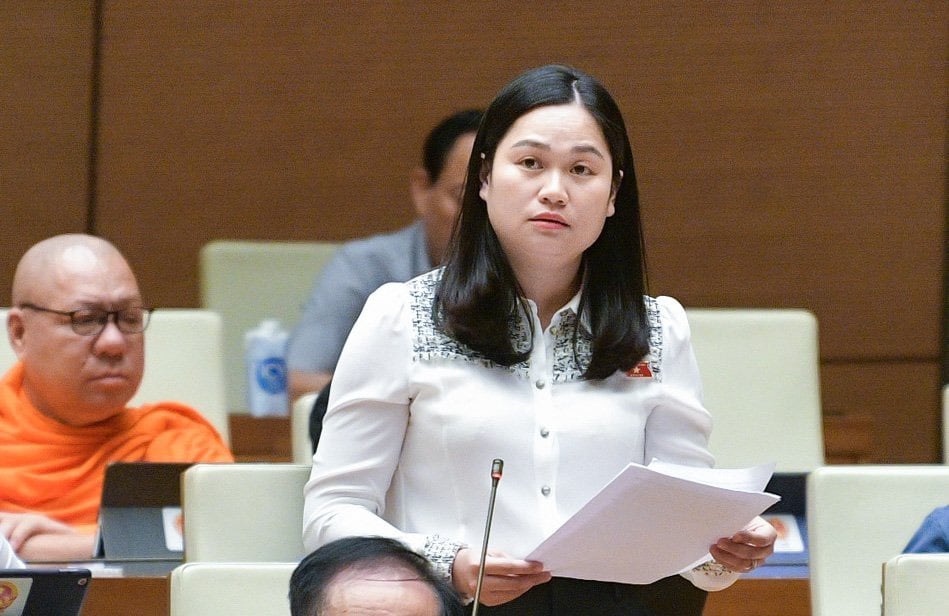












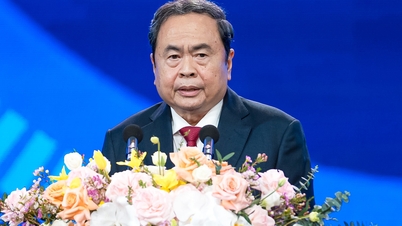



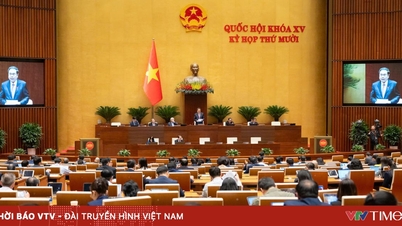

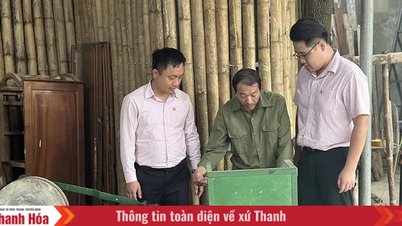










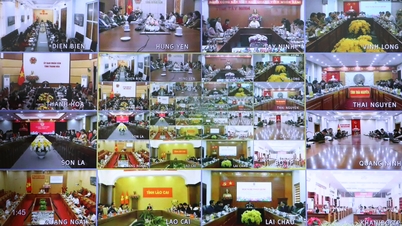

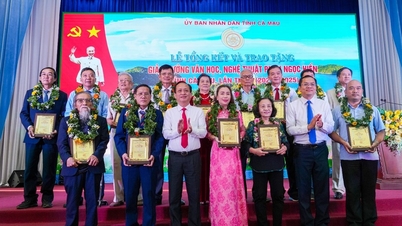
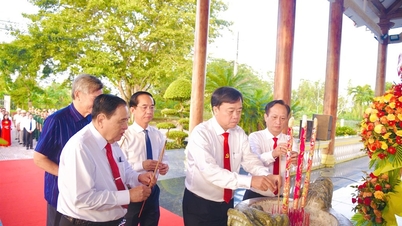

















































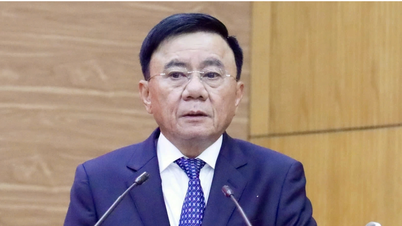






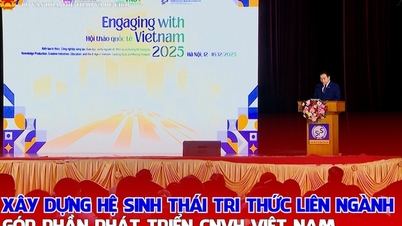





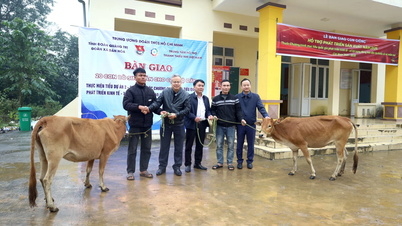
















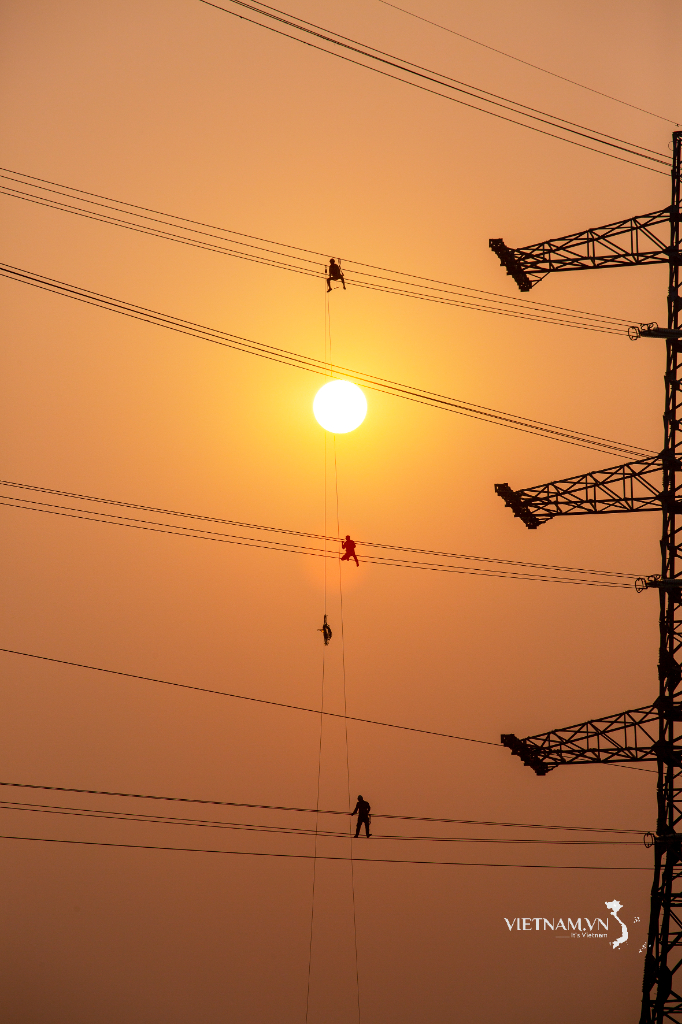



Comment (0)